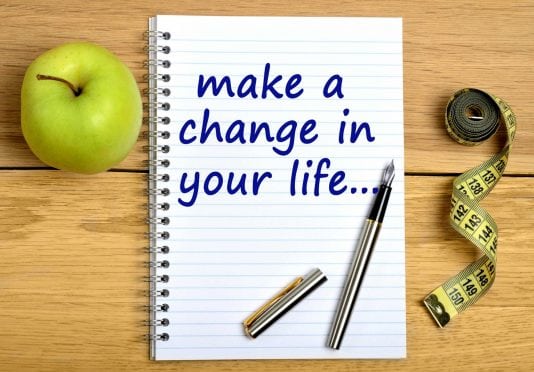Cholesterol tends to be one of those health markers that you and your doctor keep an eagle eye on, and with good reason. But we now know that a low-cholesterol diet doesn’t always translate to lower blood cholesterol.
So is a low-cholesterol diet worth it?
Hartford HealthCare bariatric specialist Joseph St. Pierre, DO, explains.
Cholesterol isn’t entirely bad for you.
It’s gotten a bad rap over the years, but the truth is, we need cholesterol.
“Cholesterol helps your body’s organs function properly, and create hormones, vitamin D and digestive fluids,” says Dr. St. Pierre.
However, like pretty much any nutrient, it’s crucial to keep it in a healthy range. High blood cholesterol can lead to cardiovascular disease, narrowing the arteries and eventually causing heart attack or stroke.
> Related: Fad Diets: The Way to Lose Weight, or a Bunch of Baloney?
For many people, a low-cholesterol diet may not actually lower cholesterol.
For decades, we all thought that eating high-cholesterol foods led to high blood cholesterol, and heart disease. One big influence is a long-term study out of Framingham, Mass., which began in 1948 and once famously linked cholesterol and heart disease.
But since, our understanding of cholesterol has evolved. Research today shows that, for most of us, dietary cholesterol actually has very little effect on blood cholesterol.
One reason is that our bodies also make their own cholesterol, a process that naturally ramps up or down to correct for how much we consume in our diet.
Plus, if you’re genetically predisposed to high cholesterol, diet changes alone may not solve the problem.
“If high cholesterol runs in your family, you may need several tools to correct for that,” says Dr. St. Pierre. “Some people need a combination of dietary changes, exercise, and medicines like statins, which can help lower the level of LDL cholesterol in the blood level.”
> Want more health news? Text StartHere to 85209 to sign up for text alerts
To make a difference with diet, pay attention to unhealthy fats.
When it comes to keeping blood cholesterol in check, we need to look at a different part of the nutrition label. As it turns out, the real problem is unhealthy fats: saturated fat and trans fat.
These fats show up in places like deep-fried foods, deli meats, processed foods and fast food. And eating them has a significant effect on your blood cholesterol. (By coincidence, many of these foods are high in dietary cholesterol too. Yes, it’s confusing.)
“Everyone should try to limit how much unhealthy fat they consume,” says Dr. St. Pierre. “People with high cholesterol should be especially careful.”
> Related: The Five Best Vegetables for Weight Loss
If a low-cholesterol diet isn’t a cure-all, is it even worth considering?
Short answer: Yes.
Foods high in cholesterol — like fried foods, red meat and full-fat dairy — also tend to be full of unhealthy fat. So following a low-cholesterol diet, with a doctor’s supervision, can still help you avoid problematic foods.
Beyond that, a low-cholesterol diet is usually built around all the nutrition “dos”: lean proteins, fruits, vegetables and whole grains.
“Whether or not you have high cholesterol, a low-cholesterol diet can be a great choice for your overall health,” says Dr. St. Pierre. “A great example is the Mediterranean diet or Blue Zone diets. They have lots of variety and nutrients, and few of the foods you should avoid.”
Thinking about changing your diet? Talk to your doctor.
Your doctor can make sure you start a nutritional plan that meets your individual needs. They can also steer you clear of common pitfalls: For example, lots of fad diets claim to be healthy, but are actually missing key nutrients.
“Diet is a huge piece of health,” says Dr. St. Pierre. “So if you’re worried about your cholesterol, or just want to make sure you’re eating what’s best for your body, talk to your doctor. That’s what we’re here for.”



